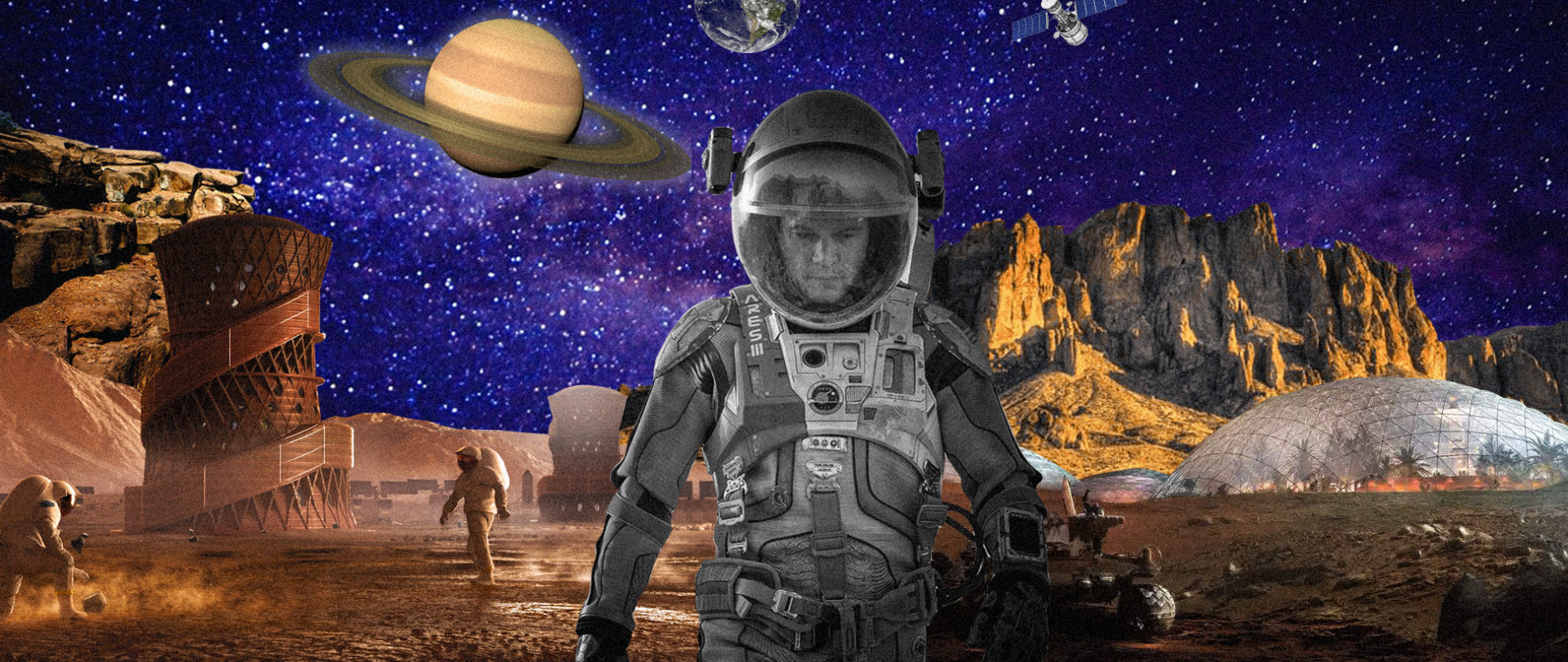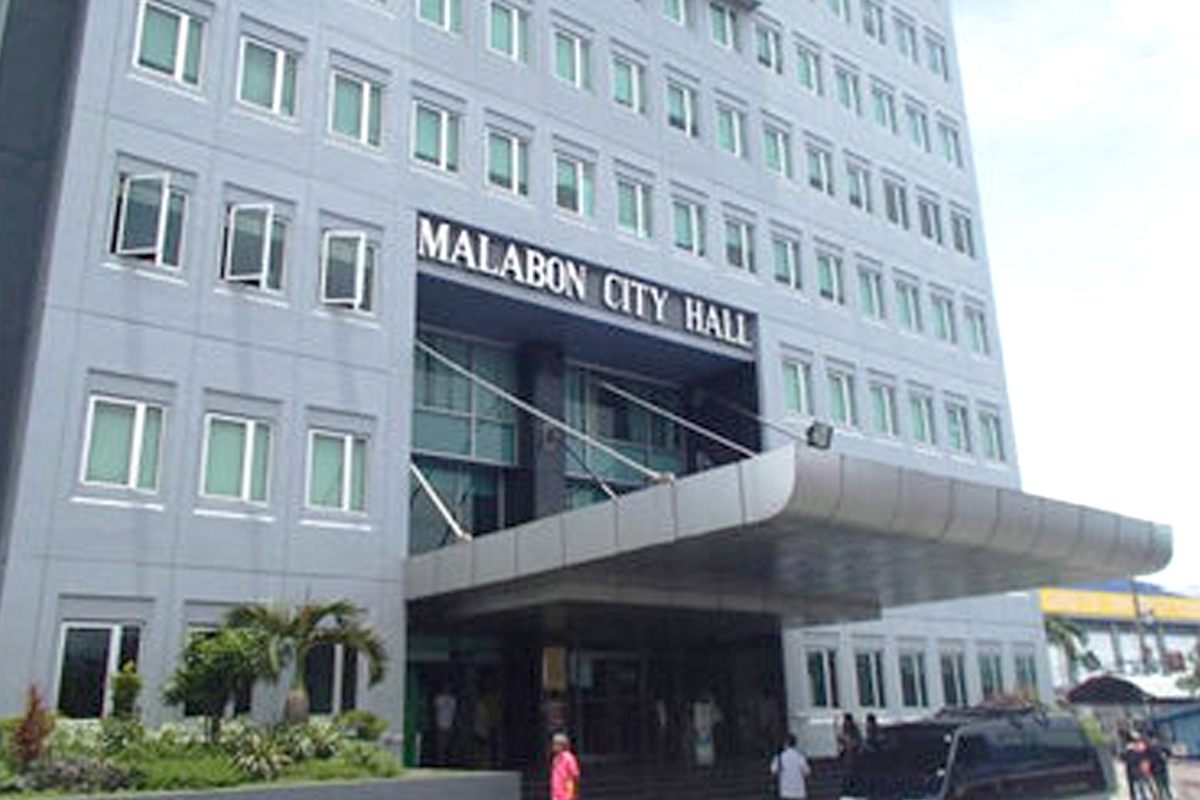PACK UP KIDS, WE’RE MOVING TO MARS! ICYMI! PLANS FOR A ‘MARTIAN SUSTAINABLE CITY’ IS ACTUALLY IN THE WORKS
Talk about "big ideas," and this might be the biggest one of them all. Here's to building the first 'Martian sustainable city' for the future generations.
As we clamor to save Earth from our own wasteful destruction, more plans are also being made to expand the human race’s influence in an intergalactic conquest. For discovery’s sake, or for a back-up plan in case the planet’s too far from saving, who knows? But it’s a massive step forward, in any case. And it’s definitely an exciting development talking about what could possibly be going on in an entirely different planet.
Following the success of NASA’s landing in Mars, the next course of action is to figure out how we humans can live there in the far, far future. In light of this, architect firm ABIBOO has shared its renders for over five cities in Mars, including the capital space city of Nüwa.
Nüwa’s building plans are established in Temple Mensa, as detailed on the firm’s project description. This is located on the slope of one of the Martian cliffs with abundant water access. There’s also an expansive terrain within the area that could house a vertical city, protected from radiation and meteorites, while maintaining an indirect access to sunlight.
The vertical city has homes, offices and green spaces, all built into the side of a cliff to protect inhabitants from atmospheric pressure and radiation.
???? https://t.co/aTcN4Q5QT8 pic.twitter.com/9jYN9Alwcr
— euronews Living (@euronewsliving) March 21, 2021
“Sustainability, but especially self-sustainable development is at the core of the Nüwa design. For being self-sustainable, a settlement on Mars needs to be able to obtain all resources locally. After a short initial phase relying on capital investments and supplies from Earth, the system should be able to sustain its growth with local resources only,” the project stated.
The website also provided plenty of detail regarding ABIBOO’s extensive plans for the five cities it’s planning to build in the planet, including “Macro-buildings” excavated inside the rock of the cliff where majority of residential and work activities are envisioned to take place; “Sky-lobbies” that connect these skyscraper-like buildings together at the top; crop cultivation details to make the city self-sustainable; and large pavilions at the foot of the cliff for social gatherings among the residents of the city, including recreational activities catering to the arts and other outdoor sessions.
ABIBOO shared that a regular shuttle service should be put in place from Earth to Mars, with travel ports open every 26 months, for one to three months.
“For settlers, one Mars ticket will have an approx. the price tag of $300K and it includes a one-way trip, one residential unit of ~25-35 m2/person, full access to common facilities, all life support services & food, and a binding work contract to devote between 60% and 80% of their work time to tasks assigned by the city.”
In an interview, the ABIBOO architectural team revealed that construction could begin as early as 2054, with its final leg pegged to finish by the year 2100. And regardless if this expedition will ever be fully realized and executed or not, the team behind it hopes that their sustainable plans could give us some ideas on how to change things up here on dear Mother Earth.
It’s definitely exciting to imagine how we could live as a race in an entirely different planet, with different gravitational rules, climates, and sights. Although most of us won’t be around to see it for ourselves anymore, it’s intriguing to imagine the endless possibilities.
Despite this though, as ABIBOO hopes, Earth is still the number one priority in terms of transforming towards sustainability. Moreover, it’s the home we need to fix before we have no choice but to really look across the galaxy for different settlements. As fun as it is to look outward and into the sci-fi city of our dreams, let’s not lose hope that our planet can still be saved with proper sustainable living.
Glimpse Nüwa, the first sustainable city in Mars:














